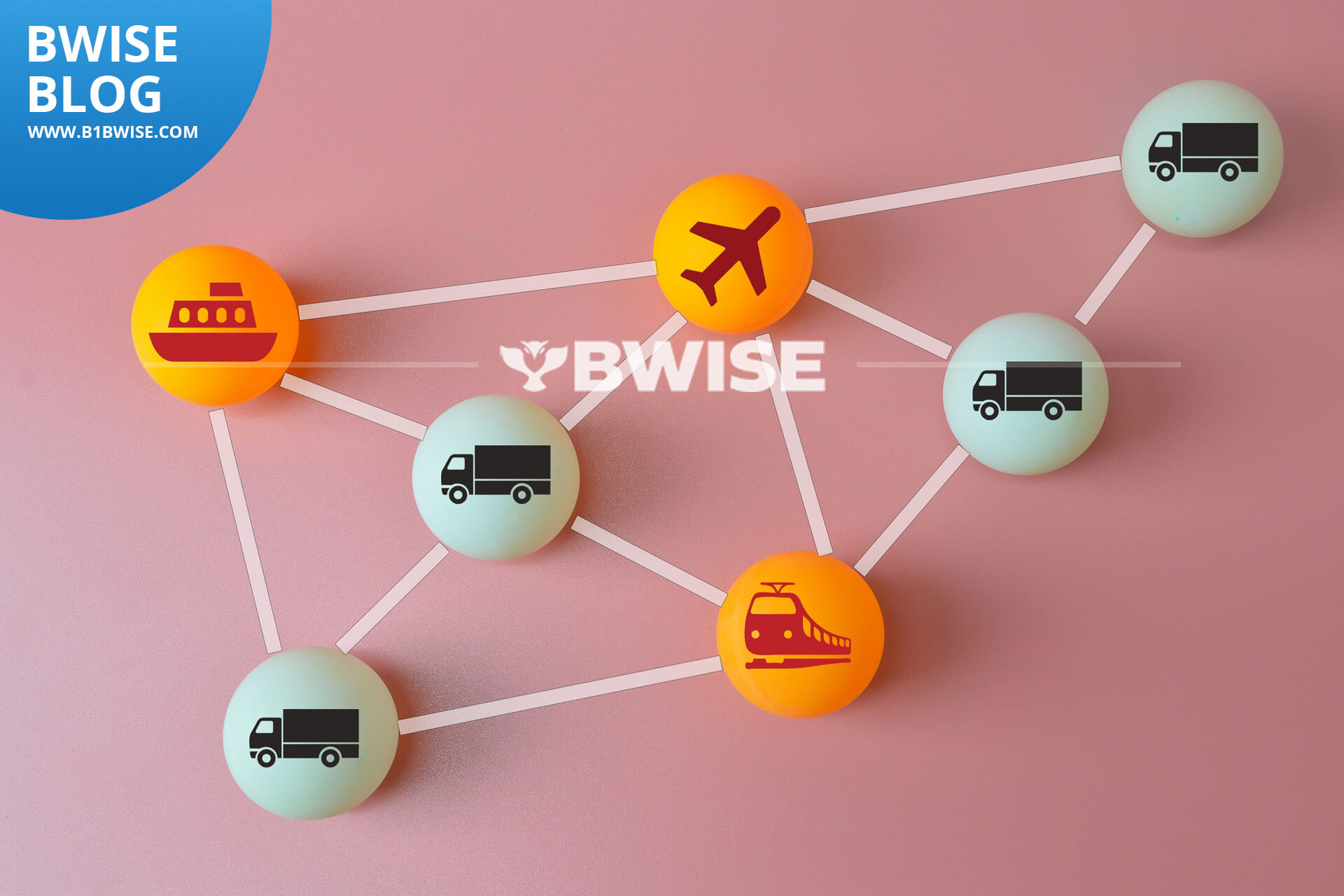
Enterprise Resource Planning (ERP) systems play a crucial role in optimizing and enhancing various aspects of the supply chain within an organization. The supply chain encompasses the entire processes of sourcing, manufacturing (essentially the internal process of “sourcing”), distributing, and delivering products or services to customers.
Here’s how ERP contributes to the efficient functioning of the supply chain:
Integration:
ERP systems integrate and centralize data from various departments and functions, such as sales, procurement, planning, production, inventory, service, project management and finance. This integration allows for real-time visibility into the entire supply chain, enabling better decision-making.
Inventory Management:
ERP systems help organizations manage their inventory levels effectively. They provide tools for demand forecasting, tracking stock levels, and optimizing reorder points. This prevents overstocking or understocking issues, reducing carrying costs and ensuring product availability. A good inventory management system will give you the tools to analyze the efficiency of your inventory and its velocity
Demand Planning:
ERP systems can analyze historical sales data and market trends to improve demand forecasting. Accurate demand forecasts are essential for procurement and production planning, ensuring that the right amount of raw materials and finished goods are available when needed. The more accurate your plan, the less “nervousness’ in your schedule.
Production Planning and Scheduling:
ERP software assists in planning and scheduling production activities efficiently. It considers factors like resource availability, machine capacities, tooling availability, preventative maintenance schedules and order priorities to optimize production processes, reduce lead times, and enhance production efficiency.
Supplier Management:
ERP systems help organizations manage relationships with your suppliers. They can track supplier performance, evaluate vendor quality, and negotiate favorable terms. This transparency in supplier interactions can lead to cost savings and better supplier collaboration.
Order Processing:
ERP streamlines the order-to-cash process by automating order entry, order confirmation, and invoicing. This reduces order processing times, minimizes errors, and improves customer satisfaction.
Transportation Management:
Some ERP systems offer transportation management modules that help organizations plan and optimize the movement of goods. This includes route planning, carrier selection, maintenance schedules, Total Cost of Ownership (TCO) of your assets and tracking of shipments.
Quality Control:
ERP systems often include quality control and assurance modules to monitor and maintain product quality throughout the supply chain. They can track defects, implement quality control procedures, and ensure industry standards and regulations compliance. With a properly executed QC program you can begin the move to true Quality Assurance. Quality Control spends the money auditing what has already happened to attempt to ensure bad quality does not leave your building. Quality Assurance is changing your processes/procedures to ensure that bad quality does not in the first place.
Cost Control:
ERP systems provide insights into the cost structure of the supply chain. This visibility allows organizations to identify cost-saving opportunities, optimize spending, and reduce overall operational expenses.
Reporting and Analytics:
ERP systems offer robust reporting and analytics capabilities, allowing supply chain managers to analyze key performance indicators (KPIs), identify bottlenecks, and make data-driven decisions for process improvement.
Compliance and Traceability:
In industries with strict regulations, ERP systems help organizations maintain compliance by providing traceability of products and materials. This is crucial for industries like pharmaceuticals and food where product safety and traceability are paramount.
Collaboration:
ERP systems often include collaboration tools that enable communication and coordination among supply chain partners, both within and outside the organization. This fosters better collaboration and information sharing.
In summary, ERP systems serve as a backbone for supply chain management by providing visibility, control, and efficiency throughout the entire supply chain. They help organizations optimize processes, reduce costs, improve customer service, and respond effectively to market changes and demand fluctuations. ERP’s role in the supply chain is essential for achieving competitiveness and operational excellence in today’s complex business environment. For more information on how an ERP system can benefit your supply chain, Contact us. Remember B1 – BWISE!!

